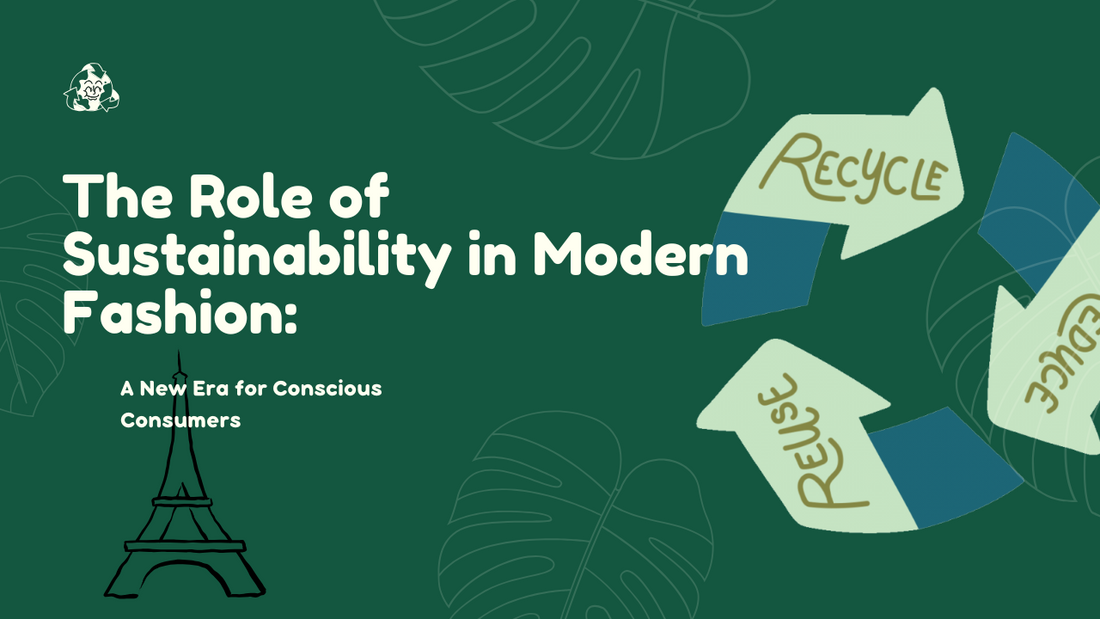
The Role of Sustainability in Modern Fashion: A New Era for Conscious Consumers
In recent years, sustainability has become a buzzword in the fashion industry, but it's more than just a passing trend. As consumers become increasingly aware of the environmental and ethical challenges posed by fast fashion, there has been a significant shift toward more sustainable practices in design, production, and consumption. Fashion brands are now under pressure to create collections that are not only stylish but also responsible.
The Environmental Impact of Fast Fashion
The fast fashion industry, which focuses on mass-producing cheap clothing at a rapid pace, is a major contributor to environmental degradation. The process often involves unsustainable production practices, excessive waste, and low-quality materials that have a short lifecycle. Moreover, the carbon footprint of these products—caused by manufacturing processes, transportation, and waste—is staggering. According to the Ellen MacArthur Foundation, the fashion industry is responsible for 10% of global carbon emissions.
The Shift Toward Sustainable Fashion
Sustainable fashion, on the other hand, prioritizes eco-friendly materials, ethical labor practices, and waste reduction. Brands are now using organic fabrics, recycled materials, and sustainable dyeing processes to reduce their environmental impact. Additionally, many fashion houses have adopted slow fashion principles, producing clothing in smaller, more thoughtful collections that are designed to last longer.
The demand for sustainable fashion has led to a rise in eco-conscious brands that are transparent about their supply chains and committed to reducing waste. Sustainable fashion isn’t just about creating clothing with minimal environmental impact; it's about encouraging consumers to make mindful purchasing decisions.
How Consumers Can Make More Sustainable Choices
Consumers play a crucial role in shaping the future of sustainable fashion. By choosing to support brands that prioritize ethical practices and sustainability, shoppers can help shift the industry toward more responsible production methods. Additionally, buying fewer, higher-quality items and embracing second-hand or vintage shopping are ways to reduce consumption and waste.
Sustainable fashion also includes caring for your clothes in a way that extends their lifespan—washing in cold water, air-drying, and repairing damaged items are simple practices that help minimize environmental impact.
The Future of Fashion: A Conscious Consumer Movement
The future of fashion lies in conscious consumerism. As consumers continue to demand more sustainable, ethical options, brands will have no choice but to adapt or risk being left behind. Sustainability isn't just a passing trend; it’s becoming a core value for both brands and consumers. The hope is that this shift will lead to a greener, fairer, and more responsible fashion industry for generations to come.
